Picture your last team meeting. Was everyone truly listening to each other? Could difficult feedback be shared openly? Did people feel safe enough to be vulnerable?
If you hesitated on any of these questions, you’re not alone. In his recent conversation about high-performing teams, Simon highlighted a surprising truth: technical skills might get you hired, but human skills determine whether teams truly thrive.
“If you create an organization that doesn’t have psychological safety, where it is performance at all costs, no one will reveal any of those things because they fear it makes them firable or damages their promotability,” Simon explains.
The Hidden Skills Gap
Most organizations are laser-focused on technical capabilities—coding, analysis, design, marketing expertise—but often overlook the human skills that actually determine whether those technical skills can be effectively deployed:
- Giving and receiving feedback
- Having difficult conversations
- Setting healthy boundaries
- Creating psychological safety
- Balancing individual needs with team needs
“Effective leadership involves teaching and developing human skills,” Simon says, “such as listening, giving and receiving feedback, and having difficult conversations.”
The Art of the Difficult Conversation
One of the most valuable skills Simon discusses is how to approach challenging conversations. His approach is refreshingly practical:
“Can I have a difficult conversation with you now? I might say the wrong thing, but bear with me because this conversation is more important than me doing it perfectly.”
This simple framework does three powerful things:
- It asks permission
- It acknowledges potential imperfection
- It emphasizes the importance of the conversation over perfect delivery
The result? A much higher chance of the message being received as intended.
Balancing Agency and Boundaries
Another critical skill Simon highlights is the dance between personal agency and healthy boundaries. He shares a story about a young employee who was burning out because they never said no to colleagues who needed support.
“This person would always say yes to the phone call and would always be there to listen, to the point of burnout,” Simon recalls. The problem wasn’t just individual—it was systemic.
“We can create conditions that make it very hard for somebody to flex their agency, but we can also create conditions where they are allowed to step into it,” he explains.
For leaders, this means:
- Teaching team members how to set healthy boundaries
- Creating a culture where “no” is respected
- Modeling balanced behaviors yourself
- Recognizing when someone is overextending themselves
The Paradox at the Heart of Teamwork
Perhaps most importantly, Simon reminds us of the fundamental tension that every team must navigate:
“Every single moment of every single day we are both individuals and a member of a group. We must weigh decisions between putting ourselves first or the group first.”
Great leaders understand this paradox and create environments where both individual growth and team success are possible.
“The team is more important than any individual on the team,” Simon says, “but I have to protect every individual on the team to make the team flourish.”
Making It Work in Your Team
Ready to strengthen the human skills in your organization? Start with these steps:
- Explicitly name these skills as valuable in your team
- Create opportunities to practice them in low-stakes situations
- Establish clear norms for how feedback is given and received
- Celebrate when difficult conversations lead to better outcomes
- Address violations of psychological safety immediately
Remember: Highly functioning teams aren’t just about achieving goals. As Simon explains, they’re about “the joy of the playing, the relationships built along the way, and the knowledge that their work is of greater value than simply the money they make.”
Because in the infinite game of business and life, the relationships we build and the growth we experience along the way aren’t just nice-to-haves—they’re the whole point.
For more insights on building stronger teams through human skills, explore our collection of leadership lessons in The Optimism Library.












